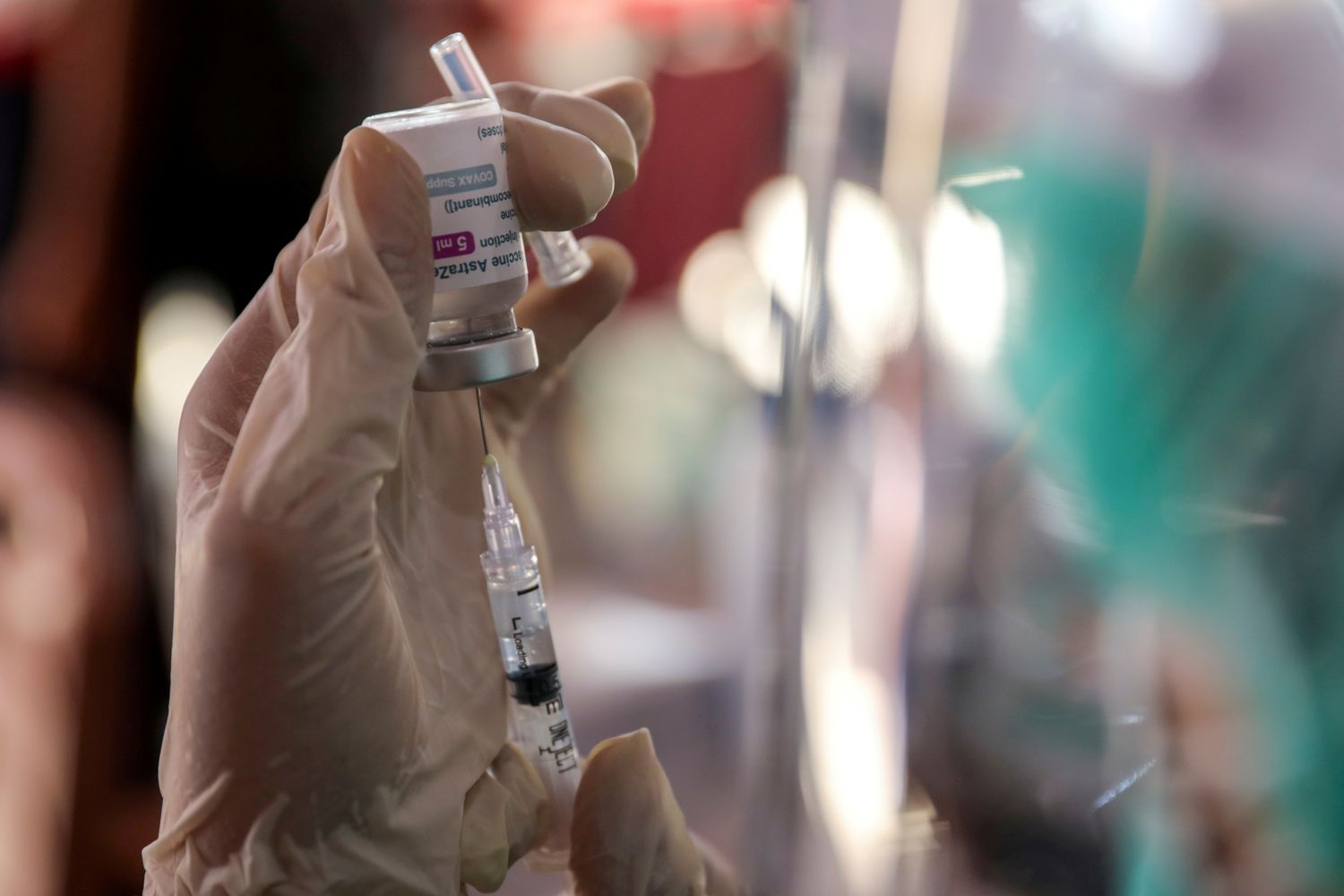
Japan will give Thailand 1.05 million doses of AstraZeneca vaccine, with delivery scheduled in early July.
The Thai cabinet on Tuesday approved the signing of an exchange letter for the batch, said deputy government spokeswoman Ratchada Dhanadirek.
Under the agreement, Thailand will pay for the transport cost of around 10-99 million yen (2.9 million to 28.7 million baht), she said. The Public Health Ministry has already set aside a budget for it.
The letter also requires disclosure of the vaccine use when requested. The shots also may not be transferred to a third party without prior approval.
The vaccine used the drug substance made by US-based Catalent Inc and produced under licence by KM Biologics Co Ltd and Daiichi Sankyo Co Ltd, both based in Japan.
In addition to Thailand, Japan donated around 1 million doses each to Indonesia, Malaysia and the Philippines.
Kyodo News reported on Tuesday Japan was set to fly batches of the vaccine to Malaysia and Indonesia on Thursday, while the Philippines and Thailand will receive their doses on July 8 and July 9, respectively.
The move brings the total number of countries and regions supplied by Japan to six, including Taiwan and Vietnam, which were respectively provided with batches of 1.24 million and 1 million doses earlier in June.
Tokyo, which will send a total of 1 million extra doses to Hanoi on Thursday and July 8, also plans to offer an additional 1 million to Taipei.
According to Japan's Foreign Ministry, only around 6.5% and 4.9% of the populations of Malaysia and Indonesia, respectively, have been vaccinated. Both countries are currently experiencing a resurgence of cases.
Infections have also been increasing in the Philippines and Thailand, where the vaccination rates are around 2.5 percent and 5 percent, respectively.
Separately, Japan will provide from mid-July a total of about 11 million doses of the AstraZeneca vaccine to countries in Southeast Asia, South Asia and the Pacific islands through the UN-backed Covax global vaccine sharing programme.
While Japan has secured enough AstraZeneca vaccine doses for 60 million people and approved their use last month, it does not intend to use them immediately in public inoculation programmes due to rare cases of blood clots reported overseas.